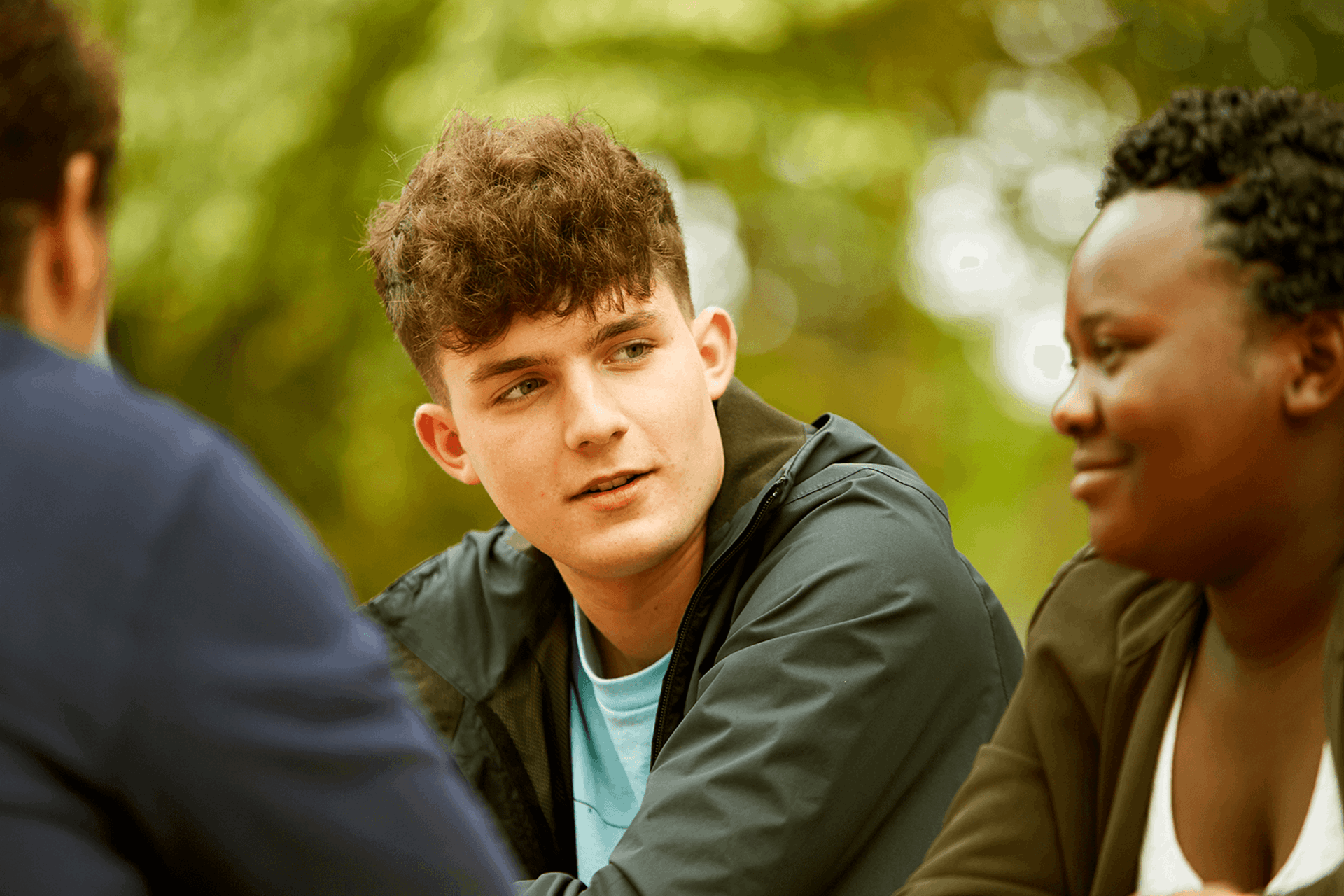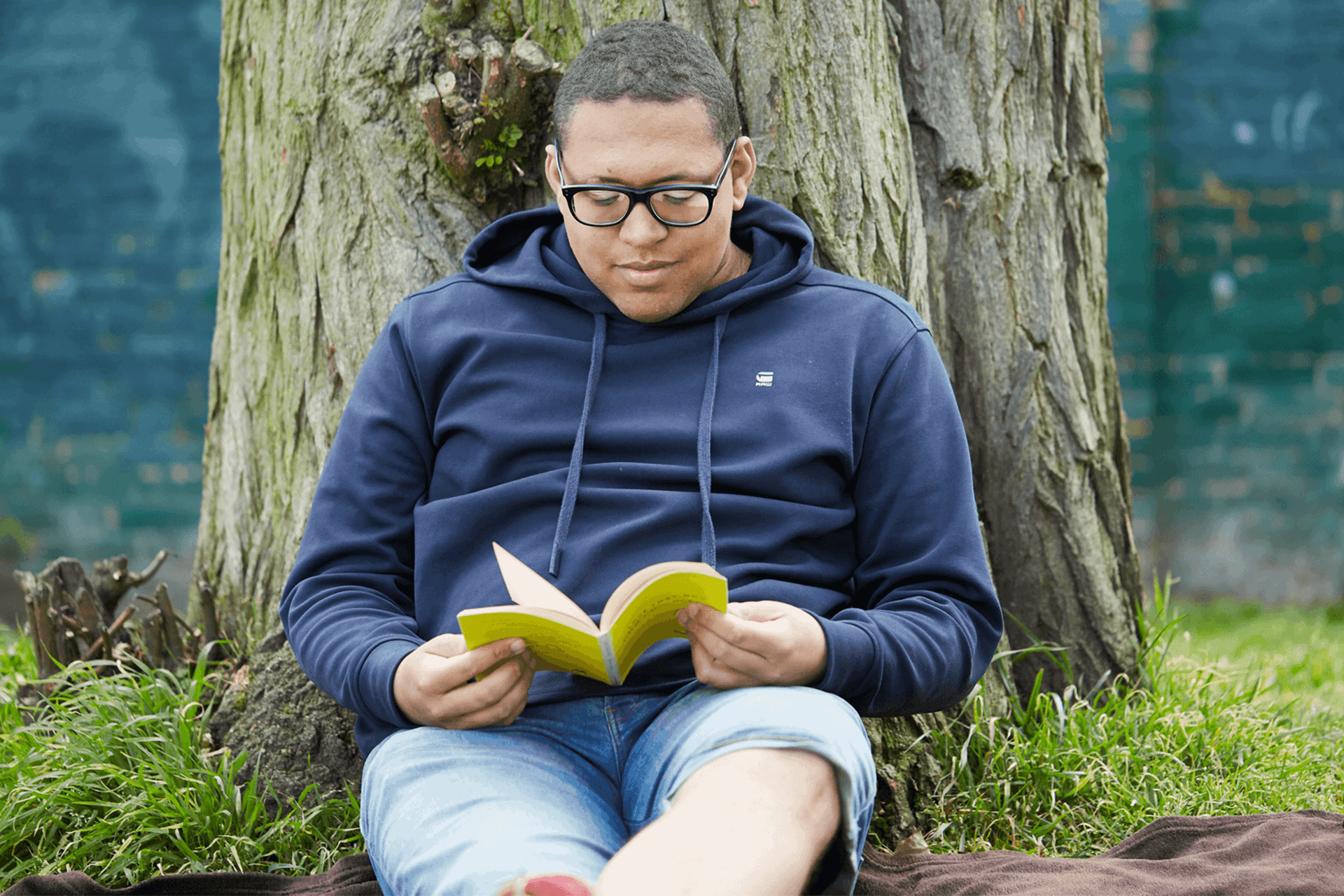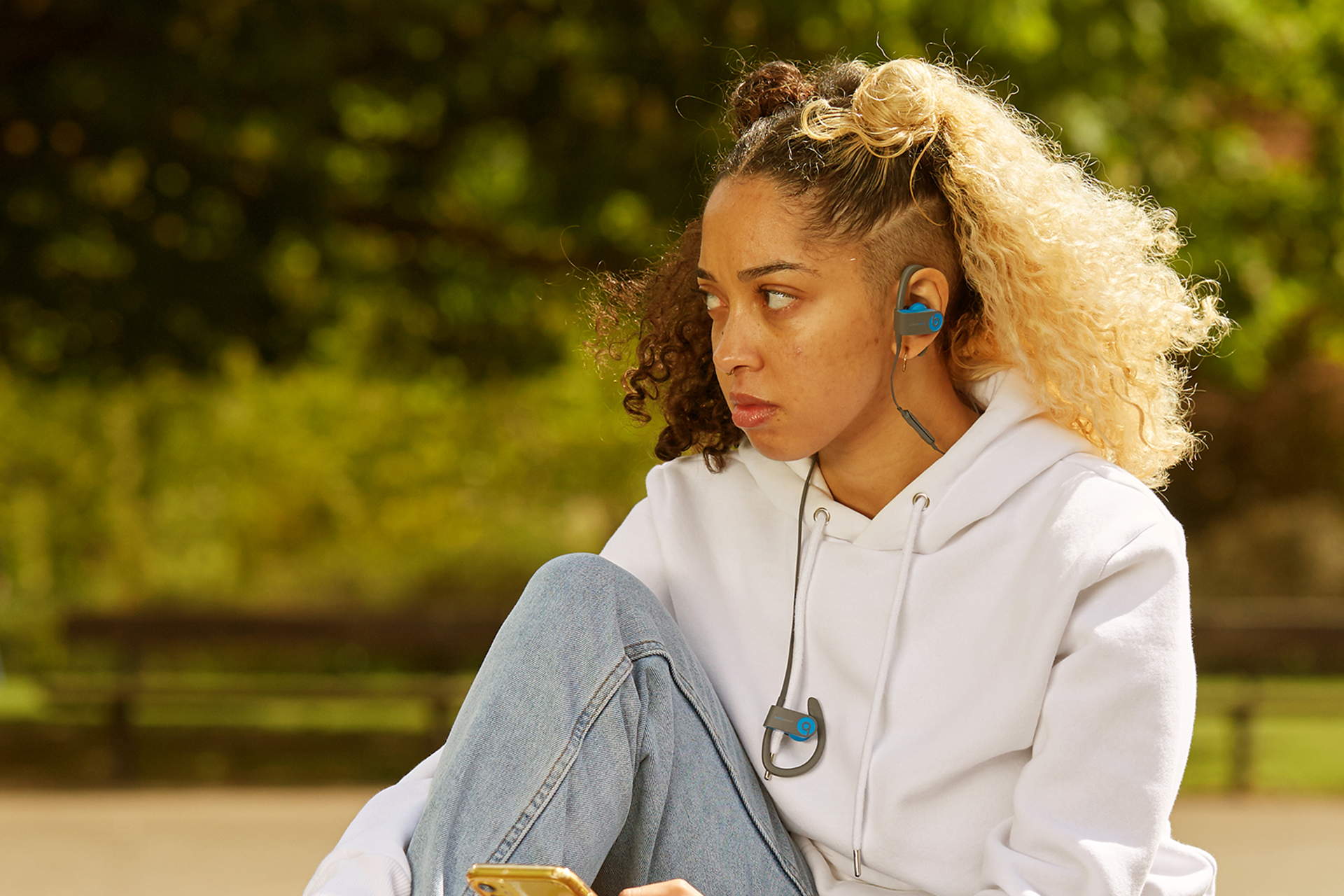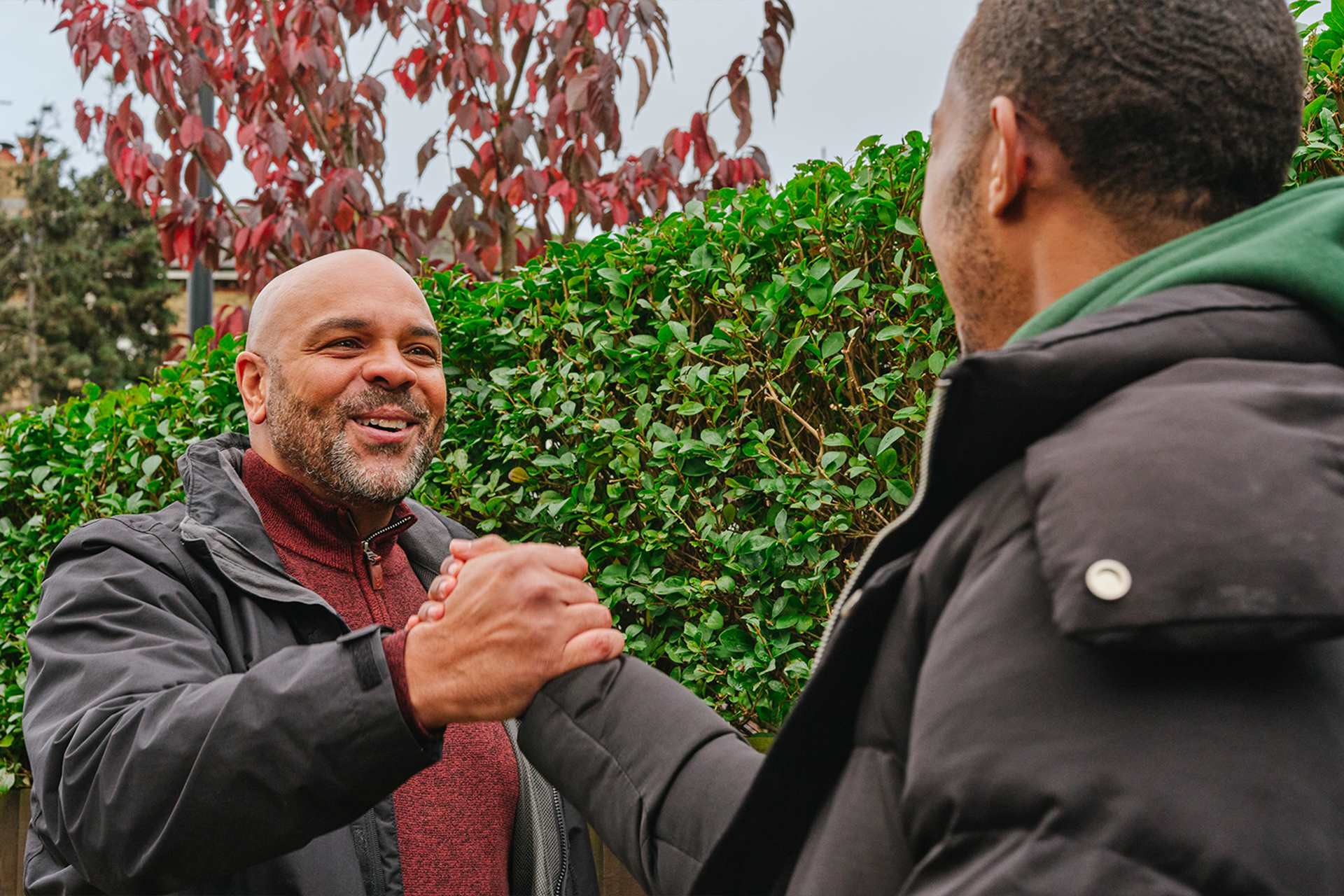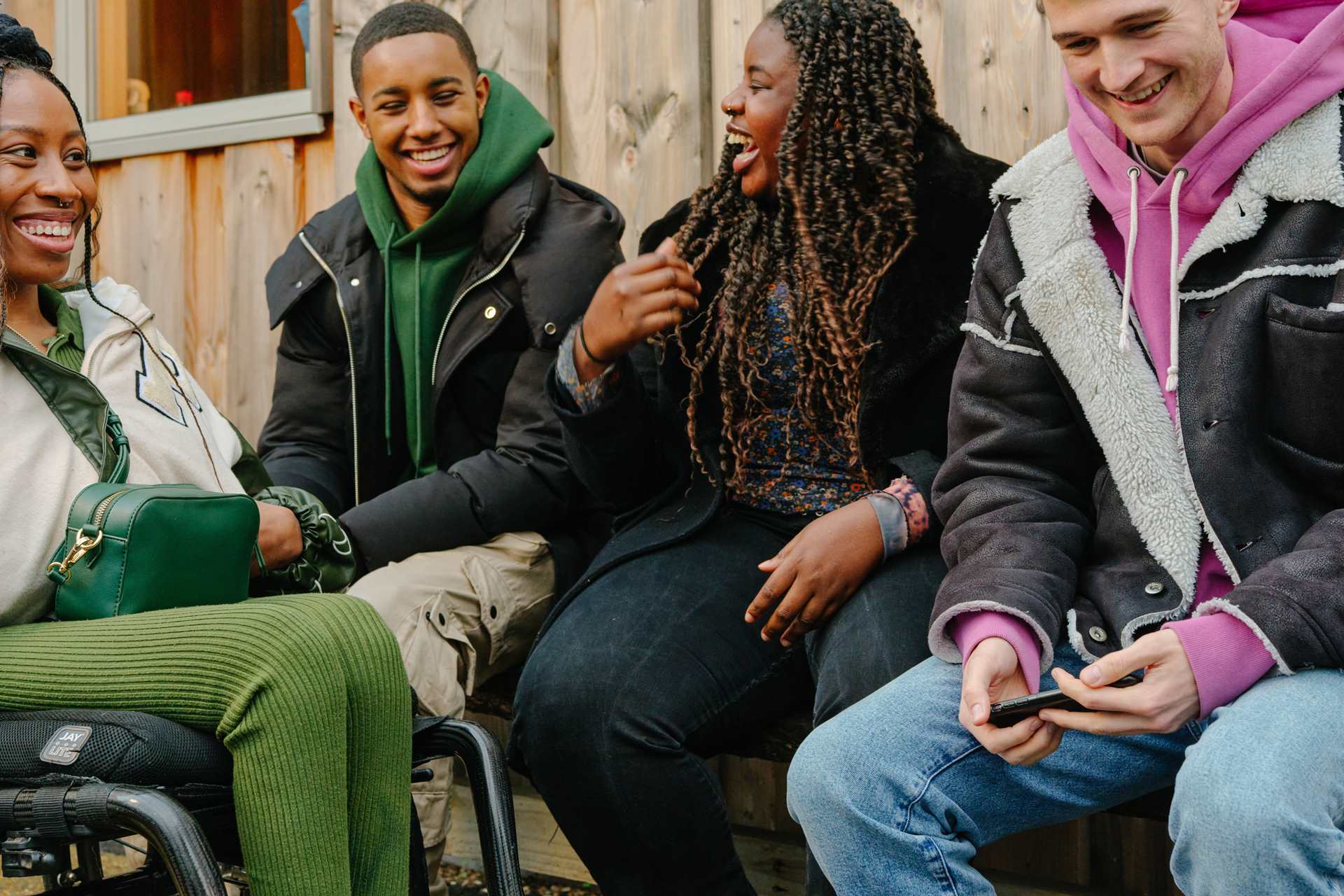What is psychosis?
Psychosis can be a sign of a serious mental illness like bipolar disorder or schizophrenia.
When someone experiences psychosis, it’s called an episode. In an episode you might lose touch with reality – hearing, seeing or feeling things that aren’t there, feeling paranoid, or believing things that don’t make sense. These episodes can last for weeks.
Although it can feel like a lot, psychosis is treatable. Some people might only have one episode in their life, while others might need ongoing support.
The symptoms of psychosis
Common symptoms of psychosis include:
- seeing, feeling, smelling or hearing things that aren’t real (hallucinations)
- believing things that seem unreal others, like thinking there is a conspiracy against you (delusions)
- feeling like someone is following you or that you’re in danger
- feeling confused or having difficulty focusing
- feeling like something is controlling you
- feeling like time is moving too fast or too slow
People around you might notice these symptoms before you do. That’s because psychosis can make unusual experiences feel normal.
Having one or more of these symptoms doesn’t mean you have psychosis. It’s important to speak to your GP to get a diagnosis.
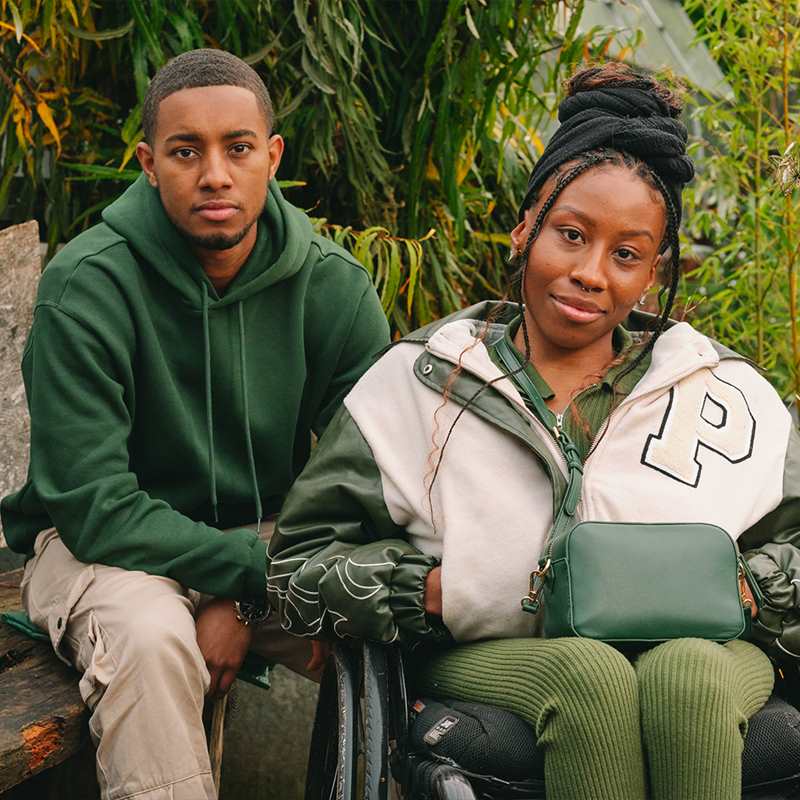
Getting help and support for psychosis
If you think you have psychosis, it’s important to talk to someone you trust. We know it can be tough to open up, but speaking to someone like a friend, teacher or relative can help you get the right support.
Speak to your GP.
They might refer you to Child and Adolescent Mental Health Services (CAMHS), an expert, or a psychiatrist who can help.
Psychosis can feel really overwhelming but you’re not alone in what you’re feeling.
We spoke to some young people who’ve experienced psychosis for their tips and advice. Here's what they said.
First of all, if you can, try and identify exactly what you are struggling with (e.g. voices, delusions, hallucinations etc.) and talk to a parent or teacher.
Tell someone that you need help and explain all the thoughts that are going around in your head.
It will be helpful to see the GP as they may be able to give you more support and advise medications that may help.
Treating psychosis

Psychosis is usually treated with medications called antipsychotics or neuroleptics.
Counselling and therapy are also options to help people with psychosis. Some people find cognitive behavioural therapy (CBT) can really help.
If you have been diagnosed with schizophrenia or bipolar disorder, your treatment might change dependent on what you need.
More information and advice
Get help now
Whatever you're experiencing, if you're worried or struggling to cope, you are not alone. Here are some services that can support you.
-
Bipolar UK
Provides information and a peer support service for people affected by bipolar, including friends and family. Find a local support group.
-
Childline
If you’re under 19 you can confidentially call, chat online or email about any problem big or small.
Sign up for a free Childline locker (real name or email address not needed) to use their free 1-2-1 counsellor chat and email support service.
Can provide a BSL interpreter if you are deaf or hearing-impaired.
Hosts online message boards where you can share your experiences, have fun and get support from other young people in similar situations.
- Opening times:
- 24/7
-
Samaritans
Whatever you're going through, you can contact the Samaritans for support. N.B. This is a listening service and does not offer advice or intervention.
- Opening times:
- 24/7
Whether you love the page or think something is missing, we appreciate your feedback. It all helps us to support more young people with their mental health.
Please be aware that this form isn’t a mental health support service. If you are in crisis right now and want to talk to someone urgently, find out who to contact on our urgent help page.
At YoungMinds we take your privacy seriously. If you’d like to read more about how we keep the information we collect safe, take a look at our privacy policy.

